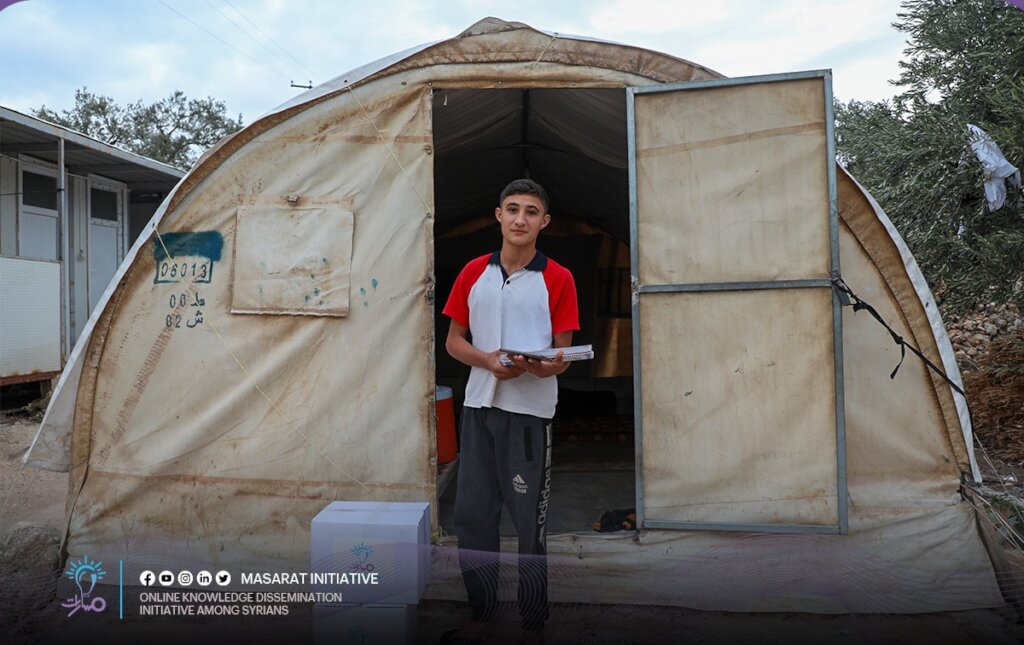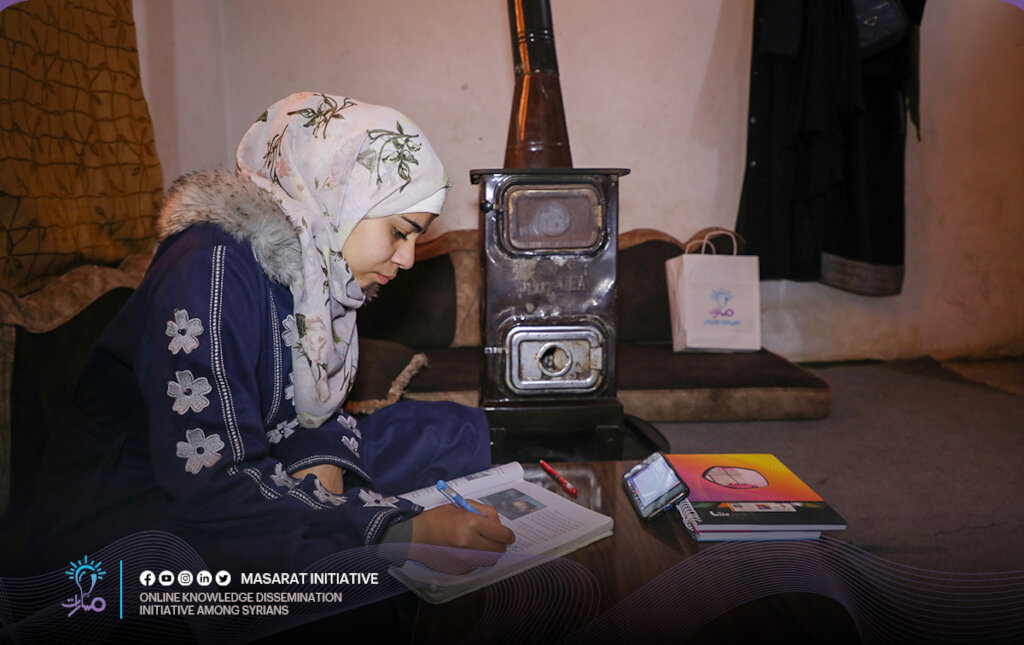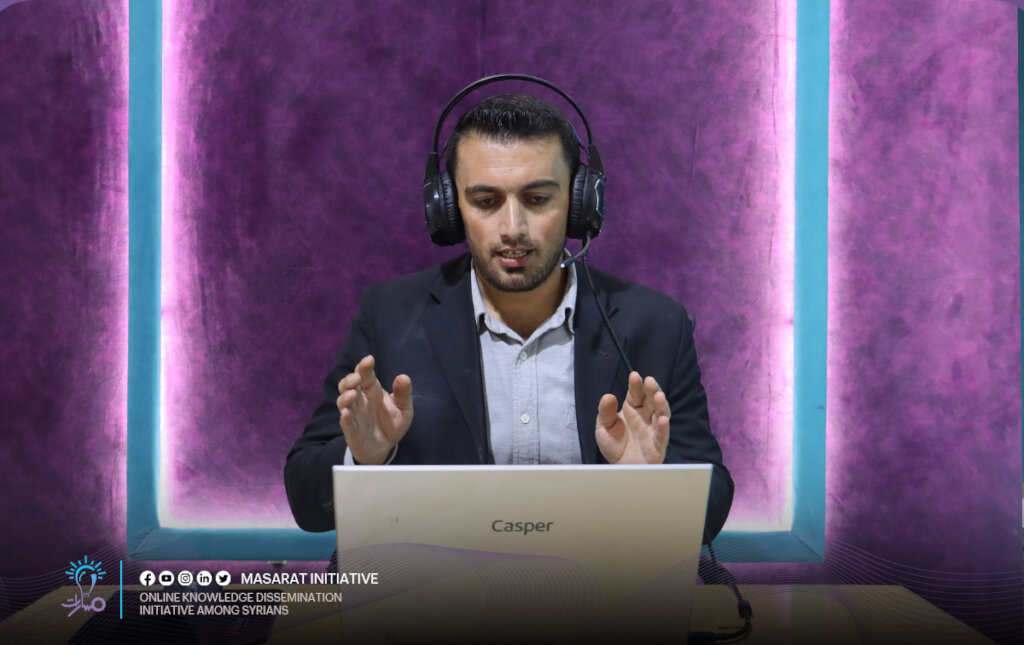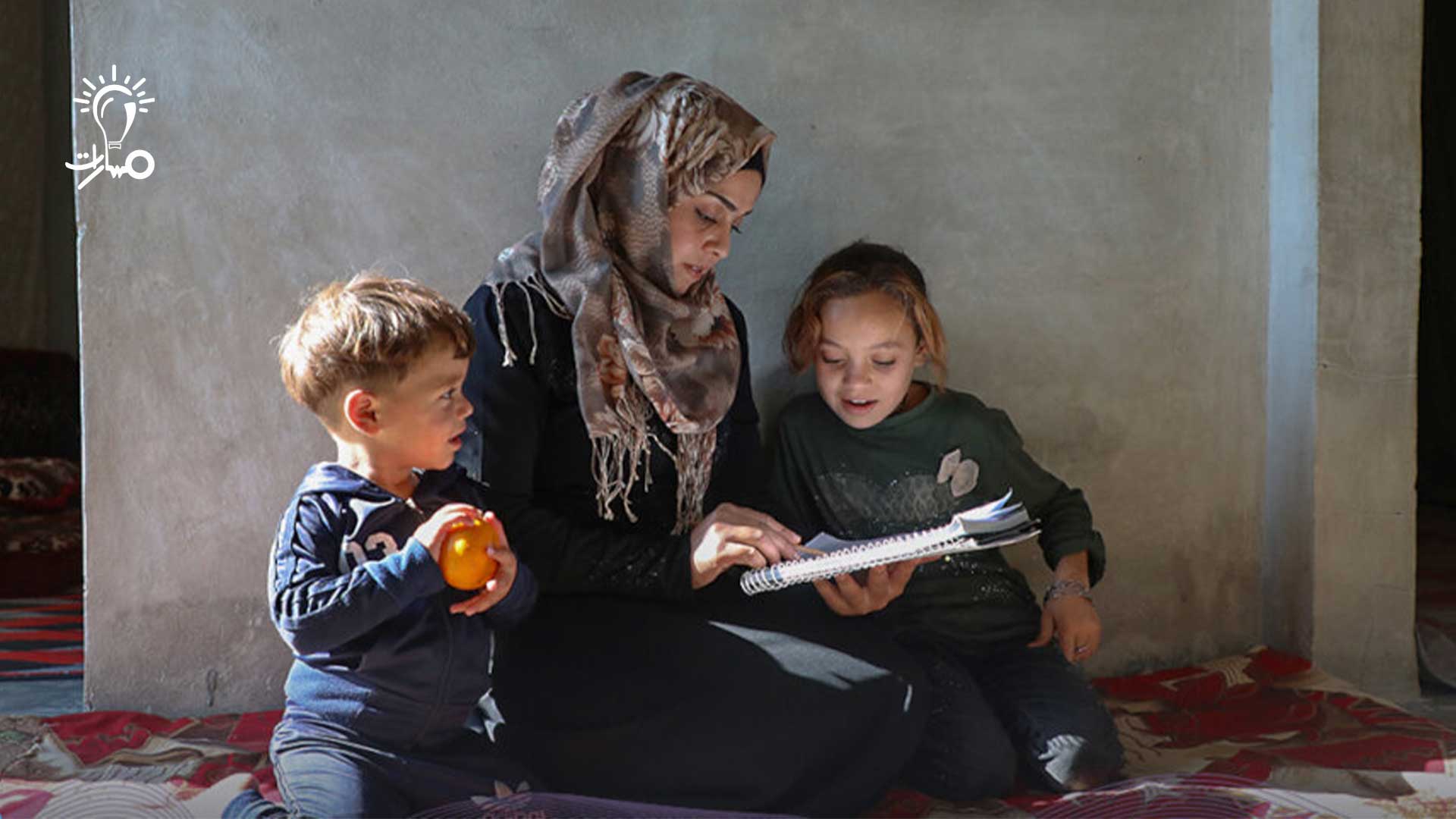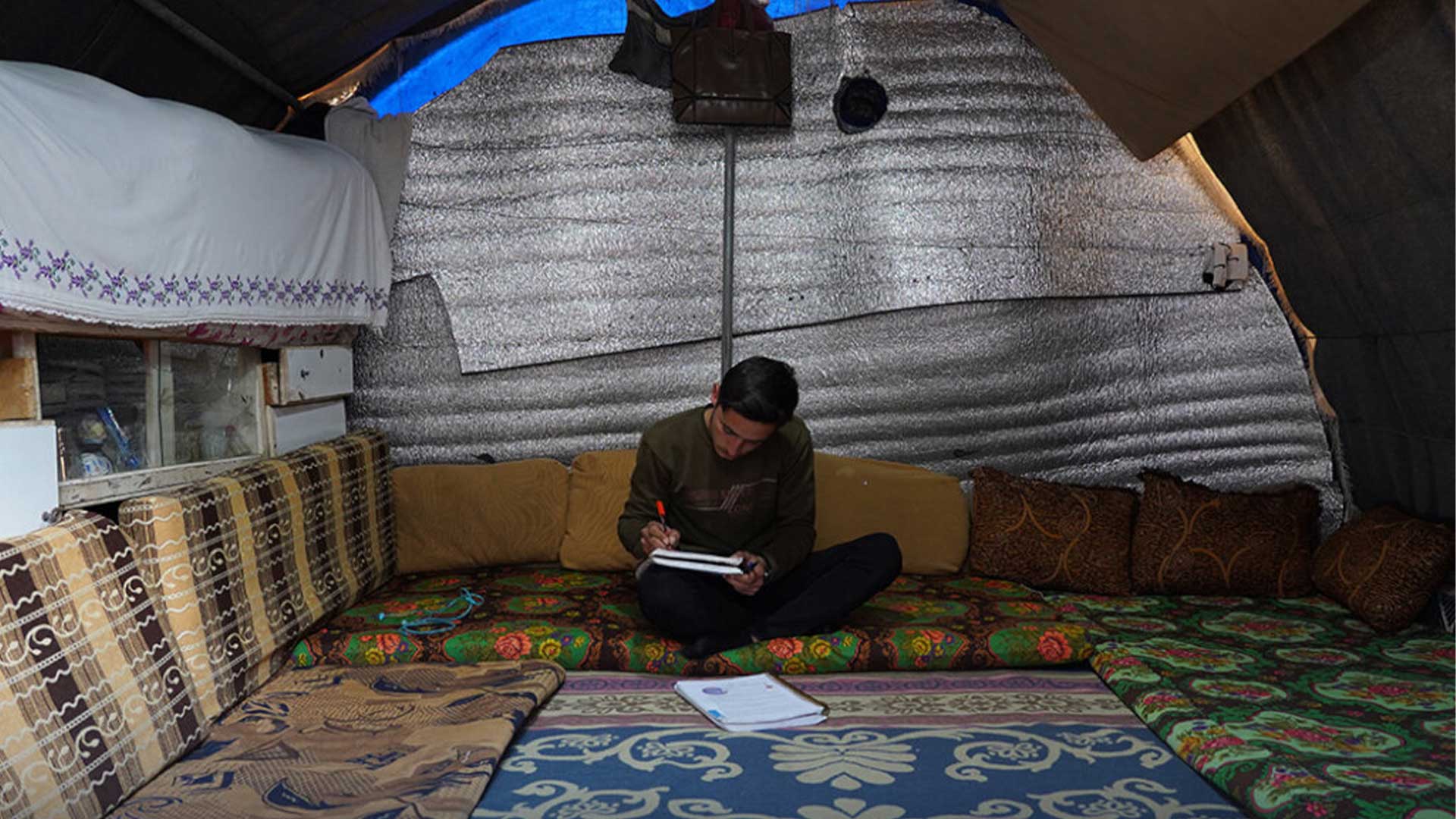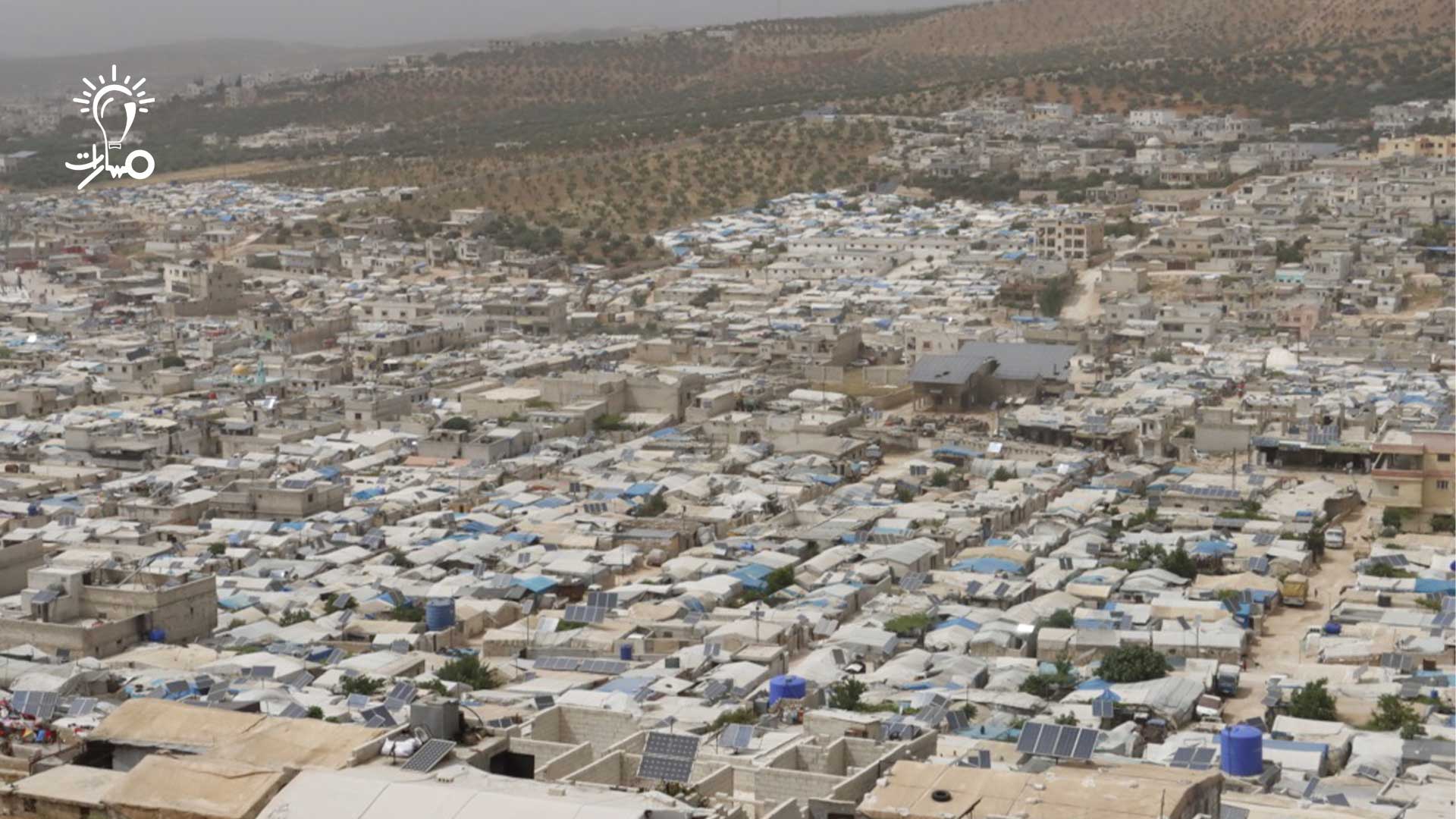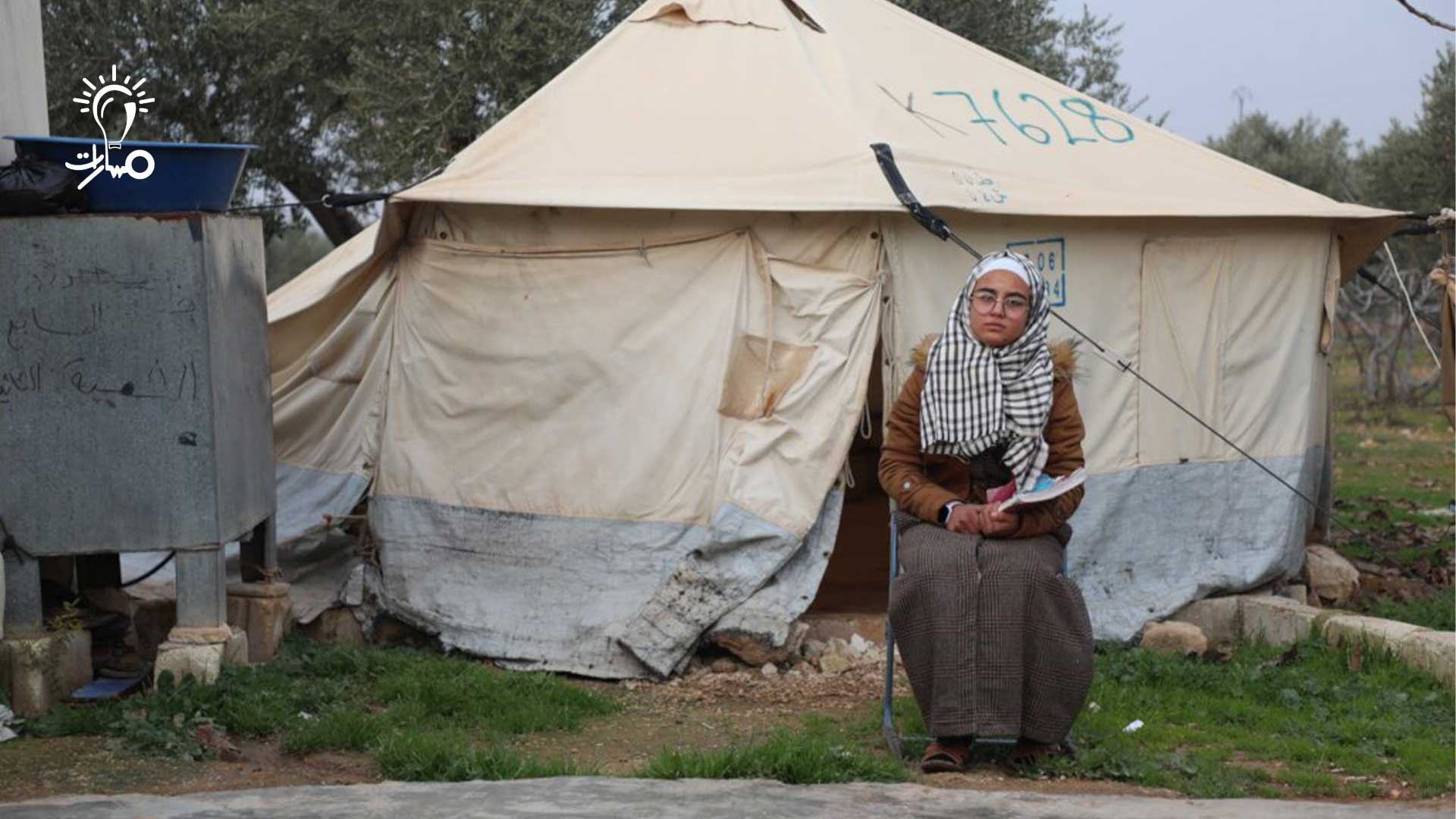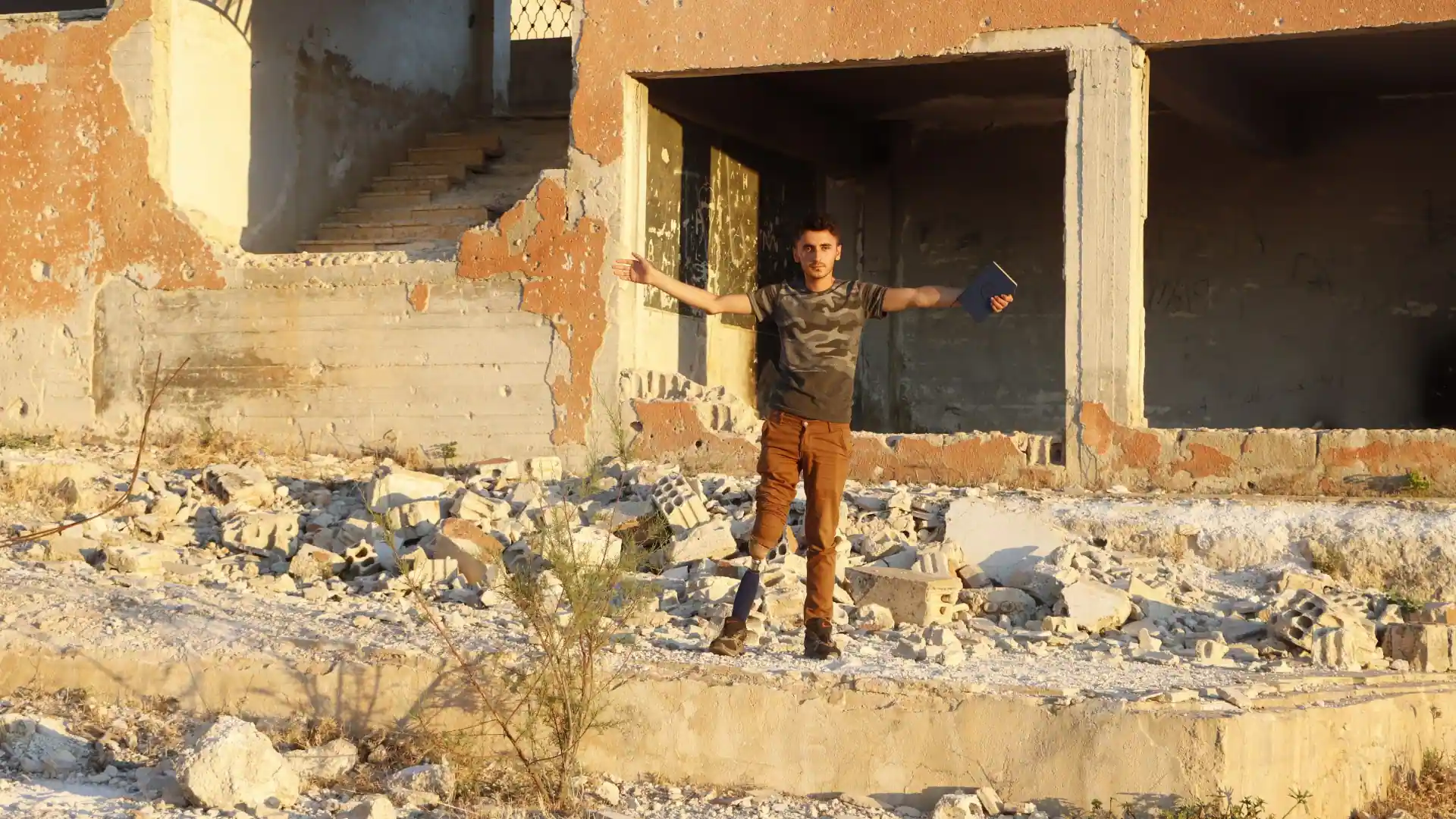In Islam, the concept of charity extends far beyond immediate assistance; it aims to create benefits that continue for generations. One of the most enduring forms of charity is the charitable endowment (Waqf). As the Prophet Muhammad (peace be upon him) said:
“When a person dies, his deeds come to an end except for three: ongoing charity (Sadaqah Jariyah), beneficial knowledge, or a righteous child who prays for him.” (Sahih Muslim).
In this article, discover the lasting impact of charitable endowment (Waqf) in Islam, how it supports generations, and how campaigns like Drop by Drop mirror this powerful form of ongoing charity.
Meaning of Charitable Endowment in Islam
The charitable endowment (Waqf) is a form of permanent charity where property or assets are dedicated to a specific charitable cause, with the principal being preserved while the proceeds are used for the benefit of others.
Once an asset is established as Waqf, it no longer belongs to the donor; instead, it becomes a “frozen” asset that continuously generates benefits for society. The income or resources generated from the Waqf can be directed toward education, healthcare, or other forms of social welfare.
Best Types of Charitable Endowments
There are several forms of charitable endowment (Waqf), each designed to address specific community needs. These endowments vary in scope but share the common goal of creating a lasting impact.
Some of the best types include:
- Educational Waqf: This type of Waqf supports the establishment and maintenance of schools, universities, and libraries. It also provides scholarships for students, ensuring that education is accessible to all, regardless of their financial situation.
- Healthcare Waqf: This form of Waqf funds hospitals, clinics, and medical programs that provide essential healthcare services to those in need.
- Public Welfare Waqf: This endowment can support infrastructure development, such as building roads, bridges, or public facilities that benefit entire communities.
- Orphan Sponsorship Waqf: Establishing a Waqf to support orphans provides them with the resources they need for a better life, from education to healthcare.
Examples of Charitable Endowments
Throughout history, charitable endowments (Waqf) have played a pivotal role in the development of Islamic societies. They have funded schools, universities, hospitals, and other vital infrastructure that continues to benefit communities today.
Drop by Drop campaign
One modern example of charitable giving with a long-lasting impact is the Drop by Drop campaign, launched by Masarat Initiative. This campaign seeks to support Syrian children affected by conflict, providing them with education, psychological support, and the skills they need to build a brighter future.
The concept of Drop by Drop highlights how even small monthly donations, as little as $10, can make a significant difference—similar to how each drop of water fills a river, contributing to a wave of hope and change.
Over time, these contributions create sustainable educational opportunities that mirror the long-term goals of charitable endowments
Endowment for Students
One of the most impactful forms of Waqf is the endowment for students. These endowments fund scholarships, educational programs, and institutions that provide learning opportunities to students of all ages.
A Waqf dedicated to education ensures that knowledge is passed from one generation to the next, creating intellectual and social growth within the community.
The Drop by Drop campaign, in a similar way, focuses on education as a tool for long-term change. By supporting children’s education in Syria through sustainable means, this campaign helps to break the cycle of poverty and ignorance, much like a Waqf for students ensures access to education for future generations.
Water Supply waqf
Water is a fundamental human need, and many Waqfs throughout history have been established to provide access to clean drinking water.
These endowments fund the construction of wells, water distribution systems, and reservoirs that ensure communities have a reliable source of water for generations to come
Quran waqf
A Quran Waqf involves donating copies of the Quran to mosques, schools, and individuals who cannot afford them. Spreading the word of Allah is considered one of the greatest forms of charity, and those who contribute to Quran Waqf continue to earn rewards every time the Quran is recited or studied.
The Prophet Muhammad (peace be upon him) said: “The best among you are those who learn the Quran and teach it.” (Sahih al-Bukhari). This highlights the immense reward for those who facilitate access to the Quran, ensuring its recitation and study for generations to come.
Ongoing Charity Endowment
One of the most powerful aspects of the charitable endowment (Waqf) is its ability to create ongoing charity (Sadaqah Jariyah). An ongoing charity endowment is designed to ensure that the proceeds of the Waqf continue to benefit people long into the future.
This could be in the form of supporting the poor, providing healthcare, or funding religious institutions. By establishing a Waqf as an ongoing charity, the donor ensures that their legacy of giving lasts far beyond their lifetime.
Lifelong Orphan Sponsorship Endowment
One of the most compassionate forms of charitable endowment (Waqf) is the lifelong orphan sponsorship Waqf. In Islam, caring for orphans is a noble act, carrying immense spiritual rewards.
A Waqf dedicated to orphans provides them with consistent support, including education, healthcare, and shelter, ensuring they grow up in a nurturing environment where they can thrive.
In a similar vein, the Drop by Drop campaign also focuses on providing essential support to vulnerable children, particularly those affected by the conflict in Syria.
By offering sustainable educational opportunities and psychological care, the campaign ensures that these children, much like orphans supported by a Waqf, have the resources they need to overcome challenges and build a better future.
Through consistent monthly donations, the Drop by Drop campaign echoes the long-term impact of an orphan sponsorship Waqf, helping to secure a brighter future for these children.
Benefits and Impact of Charitable Endowments
One of the most compassionate forms of charitable endowment (Waqf) is the lifelong orphan sponsorship Waqf. In Islam, caring for orphans is a noble act, carrying immense spiritual rewards. A Waqf dedicated to orphans provides them with consistent support, including:
- Education: Ensuring orphans receive the learning opportunities they need to build a successful future.
- Healthcare: Providing them with essential medical care and regular checkups to maintain their health and well-being.
- Shelter: Offering a safe and nurturing environment where they can grow and thrive.
- Psychological Support: Helping orphans cope with emotional challenges, enabling them to overcome hardships and trauma.
- Sustainable education: Providing children with the tools they need to break the cycle of poverty.
- Long-term care: Ensuring these children receive psychological support and life skills to overcome challenges, much like the Waqf system ensures orphans’ needs are met over time.
In the same vein, the “Drop by Drop” campaign aims to provide sustainable support to children affected by the conflict in Syria.
Through regular monthly donations, donors contribute to creating a lasting impact similar to that of a Waqf, as this continuous support offers children the opportunity to build a brighter future and secure their essential needs.
Masarat A Leading Initiative for Providing Free Knowledge and Sustainable Charitable Endowment
Masarat Initiative is a non-profit organization dedicated to providing education for all, especially Syrian students of all ages and backgrounds, regardless of their geographic location.
The initiative focuses particularly on supporting vulnerable groups affected by conflict and hardship, including orphans, individuals with disabilities, those living in camps, and students who have been out of school for extended periods.
Through a variety of projects and campaigns, Masarat highlights its commitment to providing equal educational opportunities for orphans, helping them acquire the skills and knowledge they need.
The initiative’s goal is to empower these children to become the foundation of a strong and resilient society.
Masarat also runs orphan sponsorship programs, giving individuals the opportunity to make a lasting impact on these children’s lives. By participating, donors help build a brighter future for orphans, uplifting the most vulnerable and giving them a chance at a better life.
This effort aligns with the values of charitable endowment (Waqf), where sustainable support continues to benefit society for generations.
The Prophet Muhammad (peace be upon him) said, “I and the one who sponsors an orphan will be like this in Paradise,” and he held his index and middle fingers together (Sahih al-Bukhari). Join today and be part of the ongoing efforts to create lasting change.

